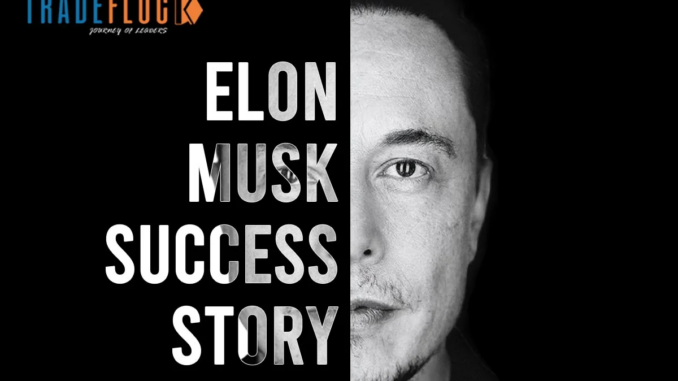
Ahead of the world premiere of his new film in Berlin, the Oscar winner also discusses what advice his ‘Wolf Hall’ character Thomas Cromwell might give to the U.K.’s beleaguered prime minister, Boris Johnson.
Fresh from his turn as the eccentric and shiny white-toothed Musk-Zuckerberg-Jobs-Bezos-esque billionaire tech savior in Adam McKay’s Netflix hit Don’t Look Up, British stage and screen icon Mark Rylance comes to the Berlin Film Festival with a completely different roles.
A unique twist on the standard mobster movie, Focus Features’ The Outfit, the directorial debut of The Imitation Game scribe Graham Moore, sees the Oscar winner play a softly-spoken master Savile Row-trained suit maker plying his trade in 1950s Chicago, where the only customer for his exquisitely crafted creations is the local Mafia. A taut, tension-filled crime drama played out over just one night and in one location, the feature becomes the latest fascinating flutter on a Hollywood career that for Rylance, despite decades as one of the U.K.’s most celebrated stage actors, only took off less than a decade ago.
Speaking ahead of The Outfit’s Berlinale world premiere, Rylance discussed the benefits of being a Hollywood late bloomer, the origins and future of his political activism, the dangers of Elon Musk-like figures and what advice his Wolf Hall character Thomas Cromwell might give to the U.K.’s beleaguered prime minister, Boris Johnson.
The Outfit is a really interesting take on the usual mob drama. What was it that drew you to the project?

Graham came to me in the first months of lockdown. I had nine months of unemployment, so partly I was just really grateful to have some work offered. And I just liked him. And I thought the script was really tight and thrilling, and I liked the whole challenge of making something just in three rooms. And I love The Asphalt Jungle and all those old gangster films and the stillness of the actors of that time. But mostly I just had a feeling about a person and whether they’ll be interesting to work with, and my instincts proved right.
Did it feel like this was Moore’s directorial debut?
No, he seemed like a very experienced director in many ways. The only thing I would say is that he was quite open to ideas and wasn’t set in his ways as someone might be. But his dramaturgy is very good – his understanding of how to make a plot, he just has a natural, instinctive sense of that. And that’s really key in terms of my needs as an actor who is just working from the subjective of my character’s point of view.
Your character, Leonard, is a master suit maker. Did you have to get special training?
Yeah, I had to be trained – but don’t ask me to make you a suit! [Savile Row tailors] Huntsman sent one of their top cutters. It’s a very, very particular skill, and it was a real challenge for me. I got blisters on my hands!
Over the last few years, you have worked with well-established filmmakers, such as Steven Spielberg, Christopher Nolan and Aaron Sorkin, but more recently with up-and-coming directors like Moore and Craig Roberts (The Phantom of the Open). Is this something you do on purpose?
I guess if I think of myself in a high-minded kind of way, I should as an elder work with younger people. I do think there’s a responsibility that if you’ve had the kind of incredible good fortune I’ve had in my career to take a risk with young people and not to be careful about getting into afraid ideas of security and maintaining some kind of reputation . For me, that would be a very deadening thing. And I must say that they were a little bit more enjoyable than some of the more established directors. They’re making their way and still kind of finding their voice, where some of the older directors, they’ve had their big success, their Sergeant Pepper’s Lonely Hearts Club Band.
